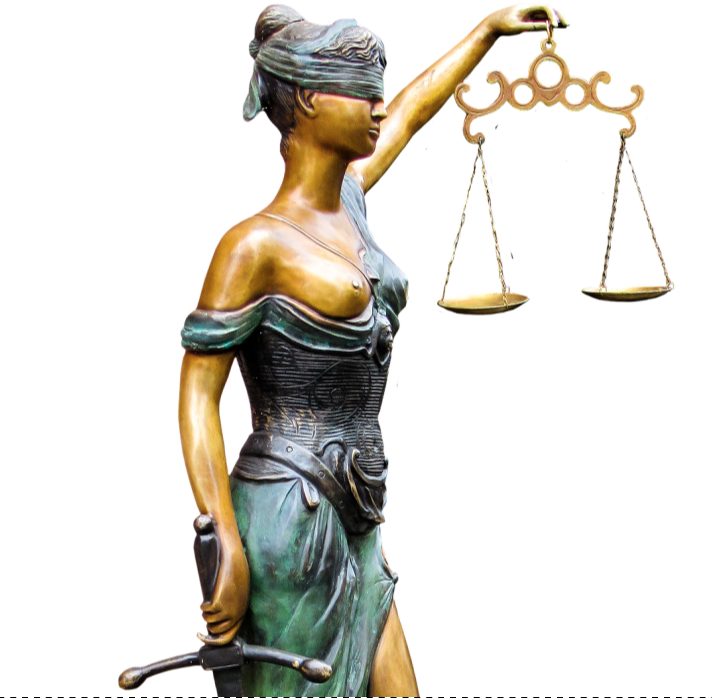Lawyers and letters, a writer’s tale of frustration
I don’t hate lawyers. Let’s be clear on that, okay?
But I do—well, not hate—feel really super-annoyed by anyone who’s afraid to say anything controversial. Anything. It’s hard to write with a constraint like that.
Sometimes I’m blessed to write for someone with actual opinions about the way the world should work, and I write those opinions, and we’re both pleased with the results. This might change the world, we think foolishly.
And then it goes to—you guessed it—the lawyers.
And it comes back stripped of pretty much everything resembling an idea. Seriously. Sometimes I think if I wrote
“Moms like apple pie.”
The lawyers’ note would be:
“Don’t offend by leaving out the dads; also people who aren’t parents. Also, other fruits.”
 A few good lawyers
A few good lawyers
Only once in all of my years of writing have I encountered a lawyer who understood what I was trying to do. He wasn’t a corporate lawyer, though—maybe that’s the difference. He wasn’t trying to imagine what the higher-ups might think; he was a higher-up—he had the autonomy to make his own decisions.
I had drafted a white paper for my client. We wanted to reach journalists, to convince them of the merits of our client’s argument. And journalists, even more than regular human beings, appreciate good writing. Since, even more than regular human beings, they have to read so much that isn’t. But the client had also hired a lawyer; he needed to vet the draft.
Most of the revisions were fine—factual corrections, a couple of helpful word changes. The lawyer hadn’t messed with my argument too much. But he’d de-fanged my opening sentence. And I just couldn’t let that pass.
We all know how important first impressions are when we meet people. They’re even more important in writing.
In person if the first thing out of your mouth doesn’t grab someone, you may have a chance to redeem yourself with a witty second remark. But in writing, if the first sentence sucks, a reader doesn’t have to be polite and stick around for the second.
The lawyer and I traded a few emails, revising and re-revising that opening line. We even got on the phone together. I explained my reasoning, he explained his, and we arrived at a solution that suited us both.
That’s the way the process should work.
Sadly, it doesn’t often work that way. When the people vetting your draft are more interested in covering their asses than in communicating—I was going to write “chaos ensues.” But chaos at least has the benefit of being interesting. And most documents that survive risk review are not.